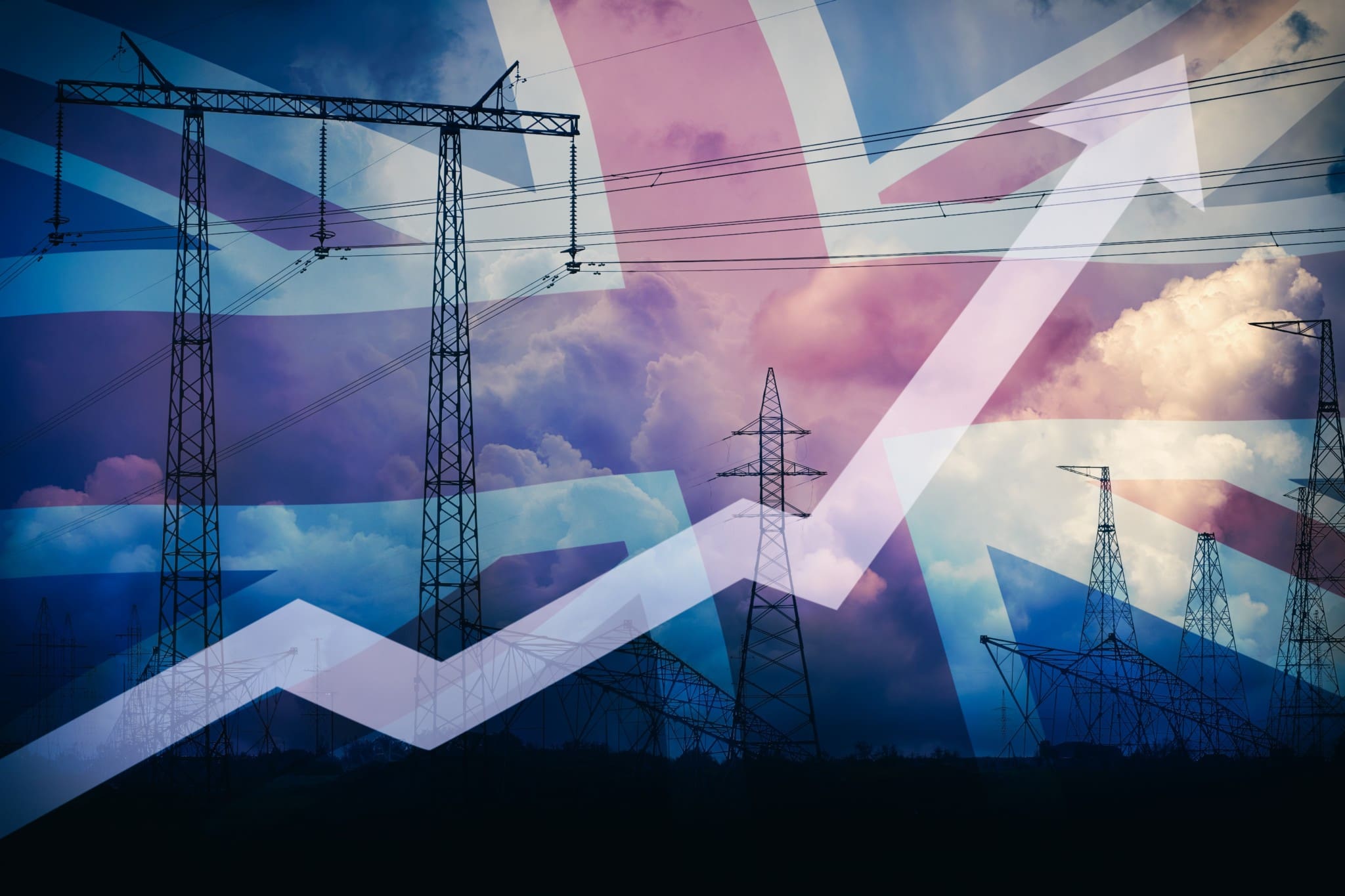Energy prices in Britain peaked at a record high on Monday as recent sub-zero temperatures brought the country’s reliance on renewable energy sources under scrutiny.
Between 1-2 p.m. (GMT) on Monday, wholesale energy prices reached £1,650 per MWh, far above the yearly average price of £200 per MWh, due to a combination of cold weather, ongoing issues with supply, and the particularly low efficiency of renewable energy sources such as wind and solar.
According to the National Grid, the electric power transmission network for Great Britain, renewable sources of energy such as solar and wind, which the British government has focused on improving over recent years, were generating low volumes of power, resulting in greater reliance on fossil fuels to keep the lights on across the country.
Over the past year, wind and solar have produced 28.2 percent and 4.6 percent of Britain’s electricity respectively, but with a drop in available wind power and with minimal daylight, wind accounted for 3.4 percent of Britain’s electricity production on Monday, while solar contributed just 1.8 percent. Meanwhile, fossil fuels have accounted for 62 percent of power generation over the past 24 hours.
In light of the freezing conditions sweeping the country, and the unfriendly environment for renewable energy sources, an increase in the import of gas saw fossil fuel account for 58.8 percent of electricity production on Monday; coal contributed to 3.3 percent of production, more than doubling its average percentage share of 1.6 percent over the past year.
The National Grid’s electricity system operator even set plans in motion on Monday to start up two coal-fired power stations in North Yorkshire, asking them to be on emergency standby should Britain need them to keep electricity flowing. The contingency plan was ultimately set aside, as Britain’s energy needs were met by other sources.
However, extreme weather conditions such as those the country has experienced over the last few days calls into question the over-reliance on renewable energy sources in the future, bearing in mind the British government has committed to a decarbonization of its electricity market by 2035.
Greater funding for renewable sources as solar, wind, and hydroelectric is expected, and significant investment is planned for recyclable nuclear energy to help Britain ween itself off fossil fuels.
Brits are already paying the highest electricity bills in the world, according to the latest research, and a further push toward net-zero carbon emission targets, which have seen, for example, bans on fracking recently upheld, may push prices higher in the short to medium term as the energy crisis, compounded by the consequences of Russia’s invasion of Ukraine, continues to spiral.






